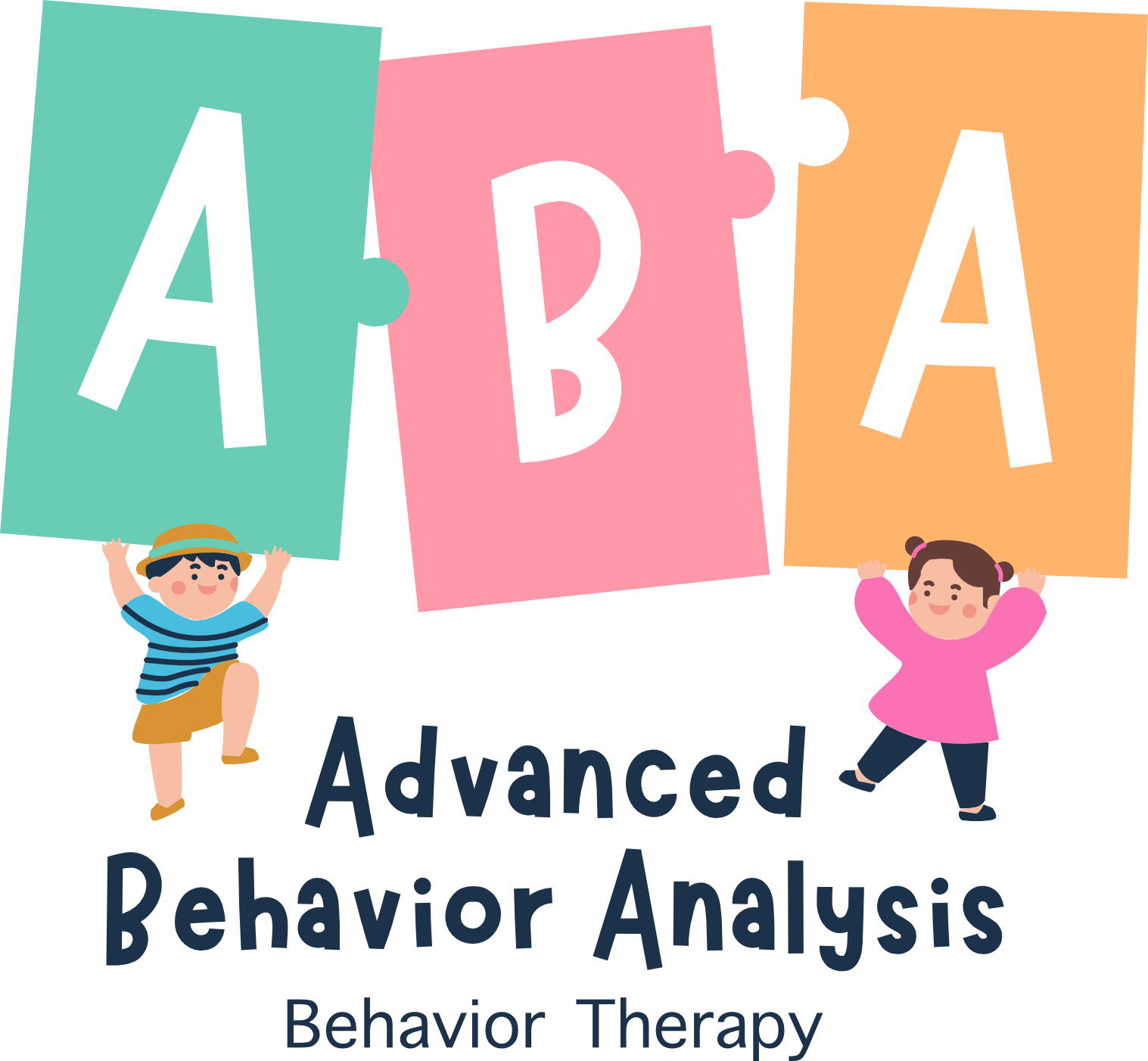What Is ABA?
Applied Behavior Analysis (ABA) therapy is a scientific approach to understanding and improving behaviors, particularly in individuals with autism spectrum disorder (ASD). ABA uses principles of learning theory to increase positive behaviors and reduce harmful or disruptive ones. By breaking down complex tasks into smaller, manageable steps and using reinforcement techniques, ABA helps individuals develop essential skills, such as communication, social interactions, and daily living activities. It is highly individualized and can be tailored to meet the unique needs of each person.
What Can ABA Adress?
Behavior Intervention
ABA decreases undesirable behaviors by identifying their function through a Functional Behavior Assessment (FBA) and implementing targeted interventions. Strategies include reinforcing alternatives on incompatible behaviors, modifying environmental triggers, and reducing reinforcement for the undesired behavior. These techniques teach appropriate replacement behaviors while discouraging the problematic ones.
Language &
Comunication Skills
ABA can increase language and communication by using evidence-based techniques such as prompting, shaping, and reinforcement. Through structured teaching, individuals are taught to use words, gestures, or alternative communication systems to express their needs and interact effectively. These skills are reinforced consistently, encouraging more frequent and meaningful comunication over time.
Foundational
Academic Skills
ABA can target foundational academic skills by breaking tasks into small, manageable steps and teaching them systematically. Techniques like prompting, reinforcement, and error correction are used to help individuals master skills such as reading, writing, and math. Progress is monitored regularly, ensuring the learner builds a strong academic foundation tailored to their needs.
Emotional Regulation & Coping Skills
ABA can target emotional regulation and coping skills by teaching individuals strategies to identify and manage their emotions effectively. Interventions may include teaching calming techniques, problem-solving skills, and alternative ways to express frustration or anxiety. These skills are reinforced and practiced in real-life situations to promote long-term emotional resilience.
Social
Skills
ABA can target social skills by teaching individuals how to initiate and maintain interactions, respond to social cues, and build relationships. Strategies like modeling, role-playing, and reinforcement are used to practice skills such as sharing, turn-taking, and conversational exchanges. These skills are then generalized to natural settings to ensure they are effectively used in everyday social situations.
Daily Living
Skills
ABA can target daily living skills by breaking tasks such as dressing, grooming, cooking, or cleaning into smaller, teachable steps. Through techniques like task analysis, prompting, and reinforcement, individuals are taught to complete these tasks independently. Over time, skills are reinforced and generalized to promote greater independence in everyday life.
Who Will Be Working With Your Family ?
BCBA: The leader of a treatment team is a Board-Certified Behavior Analyst (BCBA). A BCBA has several responsibilities on a treatment team. These responsibilities include conducting assessments to identify appropriate goals based on client needs and preferences. In addition, the BCBA develops teaching strategies to reach these goals, trains other team members on teaching strategies, and makes adjustments to treatment goals as needed.
RBT: The main implementor of ABA sessions are Registered Behavior Technicians (RBTs). An RBT is responsible for implementing teaching strategies designed by the BCBA with the clients they work with during their sessions.
The Family: The other key players on an ABA treatment team are the clients participating in sessions and their caregivers. A BCBA and RBT team will collaborate with the client and their caregivers to learn about their long-term goals as well as preferences to identify the most appropriate goals and treatment procedures. In addition, BCBAs will conduct caregiver training sessions with caregivers to teach them to implement ABA treatment strategies in their home to help promote the generalization and maintenance of skills outside of ABA sessions.

